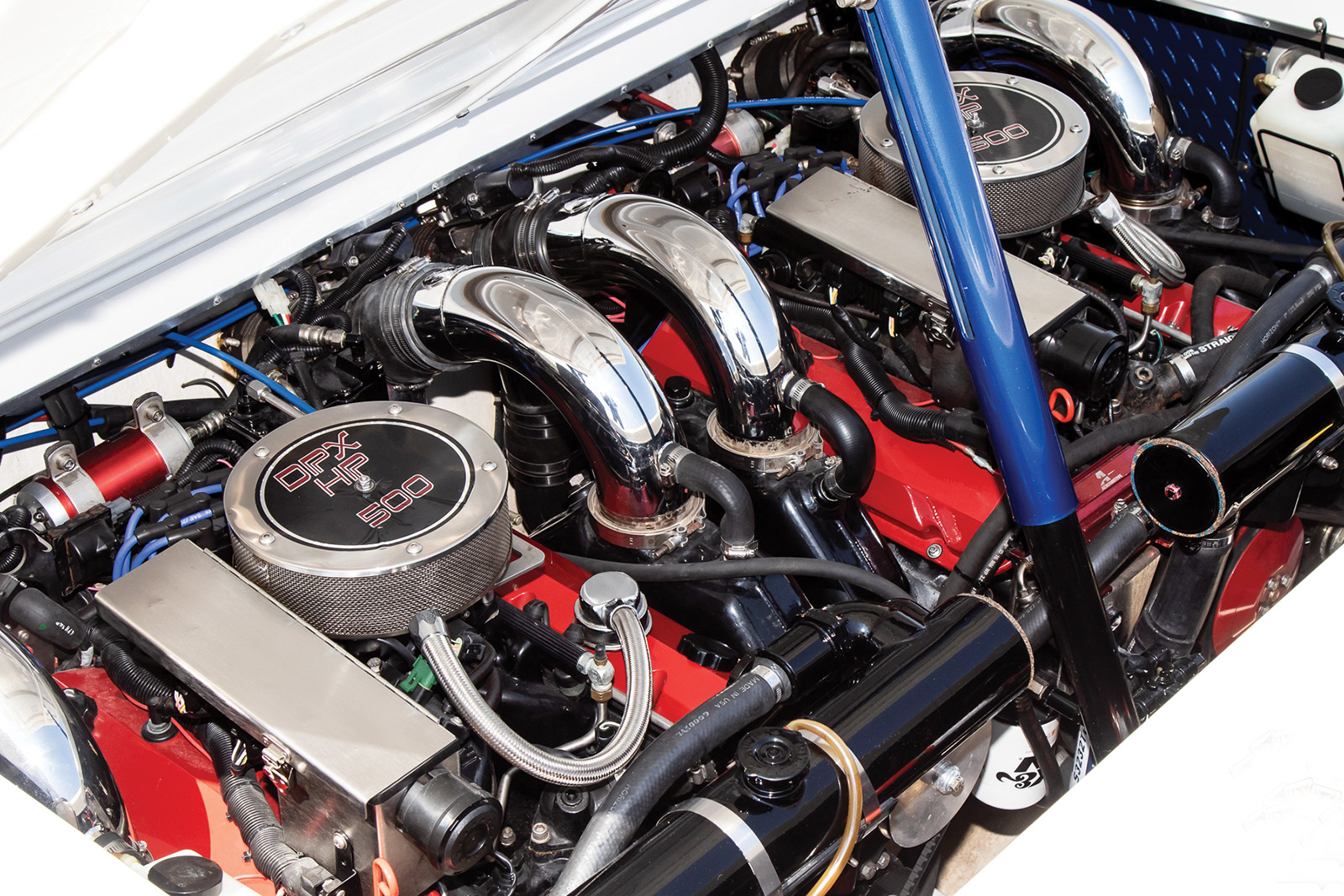Proper care and upkeep is crucial if you want your engines to last and perform to the best of their abilities.
By Mark King
Regular maintenance of your boat and its systems helps reduce the probability of breakdowns while underway. Knowing this simple fact should encourage everyone to take a look around their boat at regular intervals during the boating season. And yet, many boat owners treat their vessels like their automobiles. They drive them until they break.
The difference, of course, is when a car breaks down you can move it to the side of the road and wait for the tow truck to bring it to a garage. On the water, you are faced with a different set of circumstances.
First of all, boats don’t always stop working when the weather is pleasant. Bad weather and stormy seas are often what finally knocks that loose wire off the engine and makes it stop dead in the water or stirs up the muck in your fuel tank to send one last particle to clog your fuel filter. And you can’t just pull off to the side of the road and wait for the tow truck.
You don’t necessarily have to be a mechanically inclined person to detect problems with your engine. Simply open your engine hatch and have a look around. See if there are any leaks that weren’t there before or wires that seem to be out of place. Even loose connections can often be spotted with a close visual inspection.
If you don’t care to do this much, it is a good idea to have scheduled check-ups throughout the season. A good inspection once a month will only take a few minutes and could save you a lot of headaches (and cash) later on in the summer.
But if you are comfortable in the engine room, take this regular inspection one step further. Look for anything that has changed since the last time you were in the engine compartment. Is there a new odor, such as gasoline or oil? If you smell gas when you are in the engine room, it’s best to clear the boat and locate the source of the odor immediately. Are there any tell tale signs of leaks? Oil, gasoline, transmission fluid, water or coolant are all easily spotted on the sides of clean engines or in clean bilges where they will run to the centre of the boat. Any leaks should be dealt with immediately as they could turn into large leaks and major problems quickly.
As well, discharging oil, gas or transmission fluid into the water is illegal so the very least you should do is mop them up to prevent them from being sent overboard.
In addition to ensuring all fuel lines and connections are secure, check oil and transmission fluid levels as well as the coolant levels if the engine has a closed cooling system.
The next items that should be inspected are electrical connections and wires.
Corroded battery terminals must be cleaned and all wires or connections should be properly connected. Fluid levels should be up in the batteries or even test the condition of each battery cell with a hydrometer. All wire connections must be firm and wiring harnesses secure. Look for chafe and broken wire ties.
Next on your list to inspect are the cooling and exhaust system hoses and clamps. These items are continually vibrating, heating and cooling, which can lead to hose failure and loosening of clamps – especially if they are removed for winter storage and not tightened securely in the spring.
The condition of cooling water intakes and the associated hoses, valves and clamps are critical. Spend a few minutes checking these items. Belts on a marine engine drive alternators and water pumps. They should not be shredding, cracked or loose. Without water pumps, your engines will last mere minutes and it’s often impossible to hear a belt shredding in a boat’s engine compartment.
Maintaining the mechanical systems on board your boat is crucial to safe boating. Each boat owner should develop a checklist of their own systems and conduct regular maintenance checks. If you are not comfortable doing this, or just don’t want to, make sure to have a regular maintenance schedule with your local marina. They can usually schedule a maintenance check at a time that’s convenient.
Different owners will be comfortable completing different work. Whether you’re completely hands off, or don’t mind rebuilding your propulsion system right at the dock, it’s important to ensure that regular maintenance is conducted on your boat. It’ll lead to more confidence on the water and will help ensure that you arrive back at the dock if anything does happen.
Keyword : boat DIY, Boating, boating in Canada, boating tips, engine mainentance, engine tips, Inboard, marine engine maintenance, marine engine repair, outboard, owning a boat in Canada, Regular boat maintenance, Regular engine maintenance boat DIY, Boating, boating in Canada, boating tips, engine mainentance, engine tips, Inboard, marine engine maintenance, marine engine repair, outboard, owning a boat in Canada, Regular boat maintenance, Regular engine maintenance
